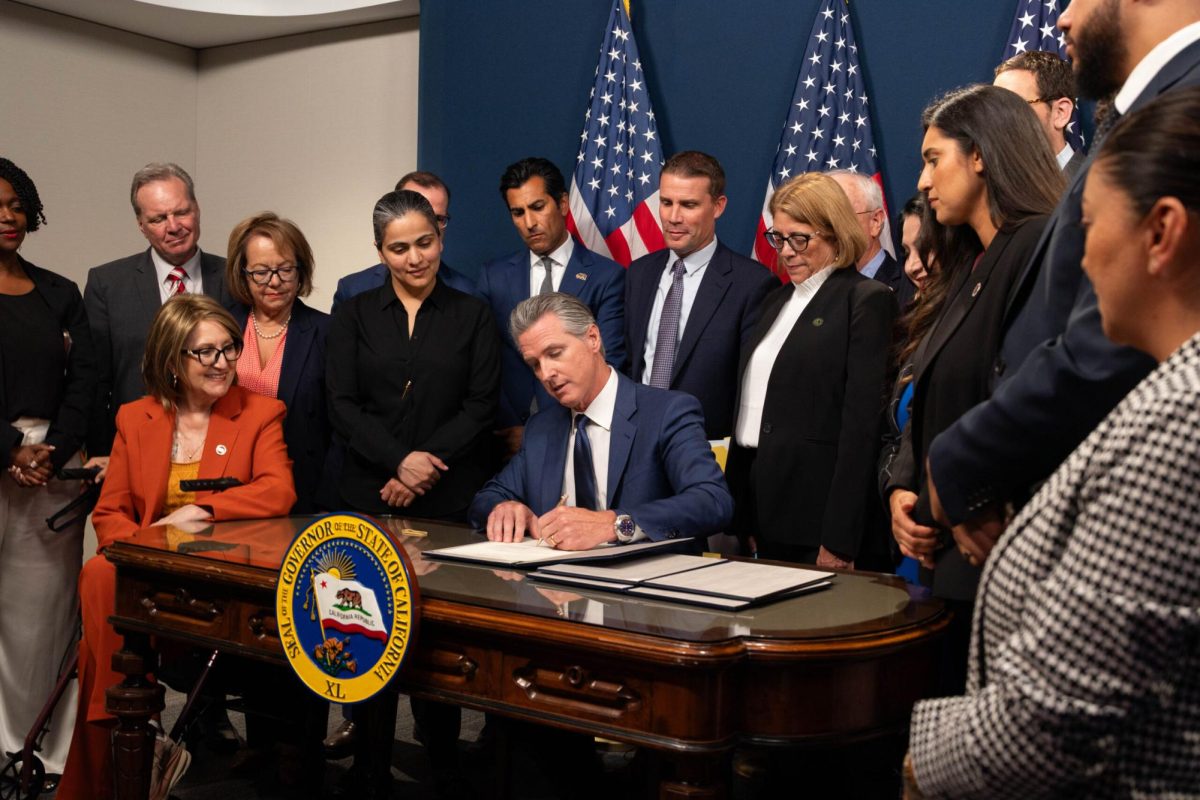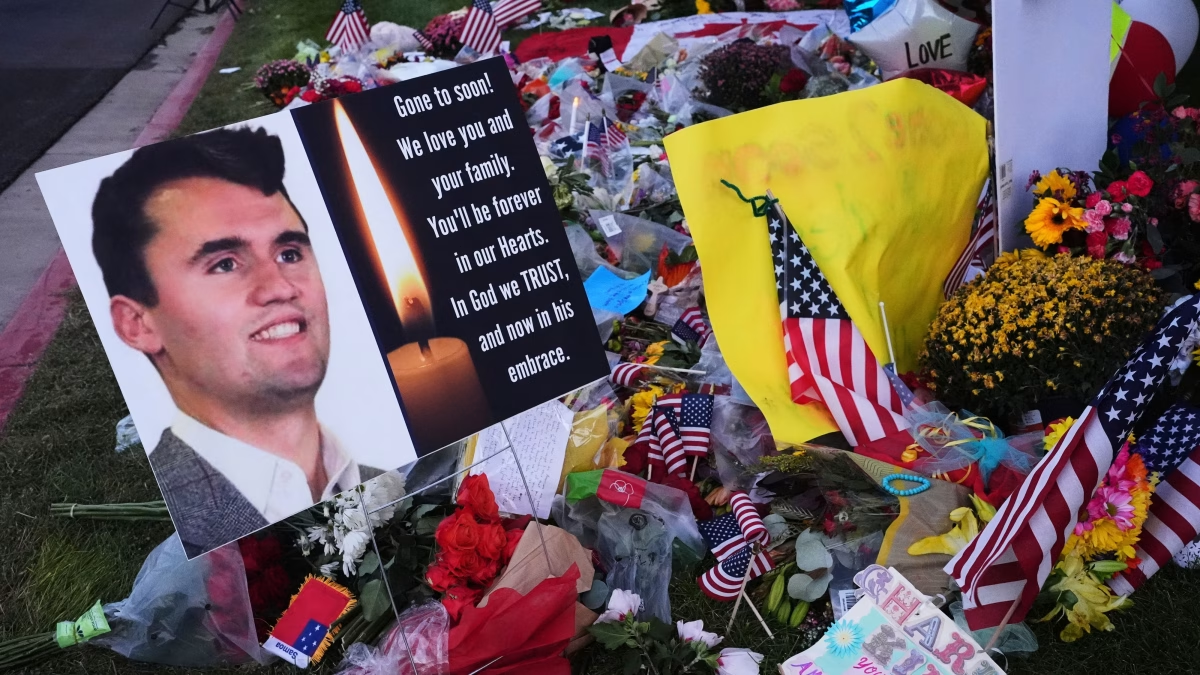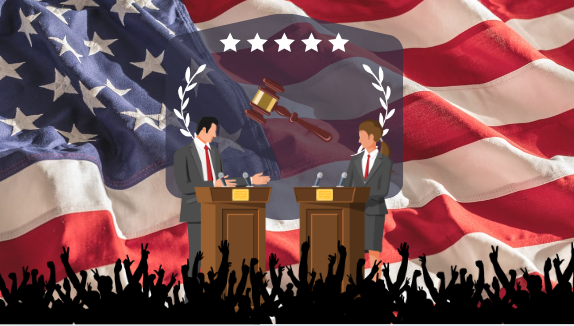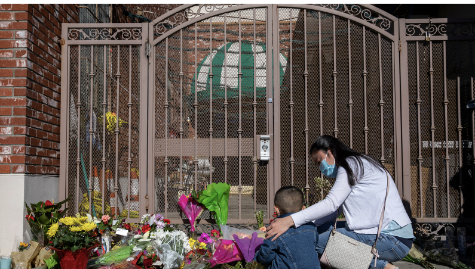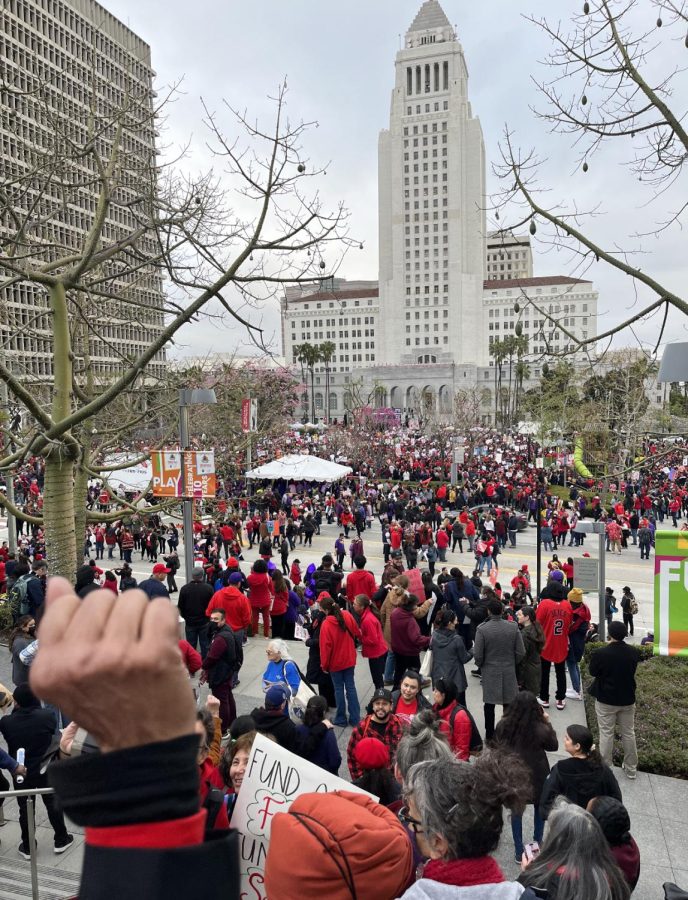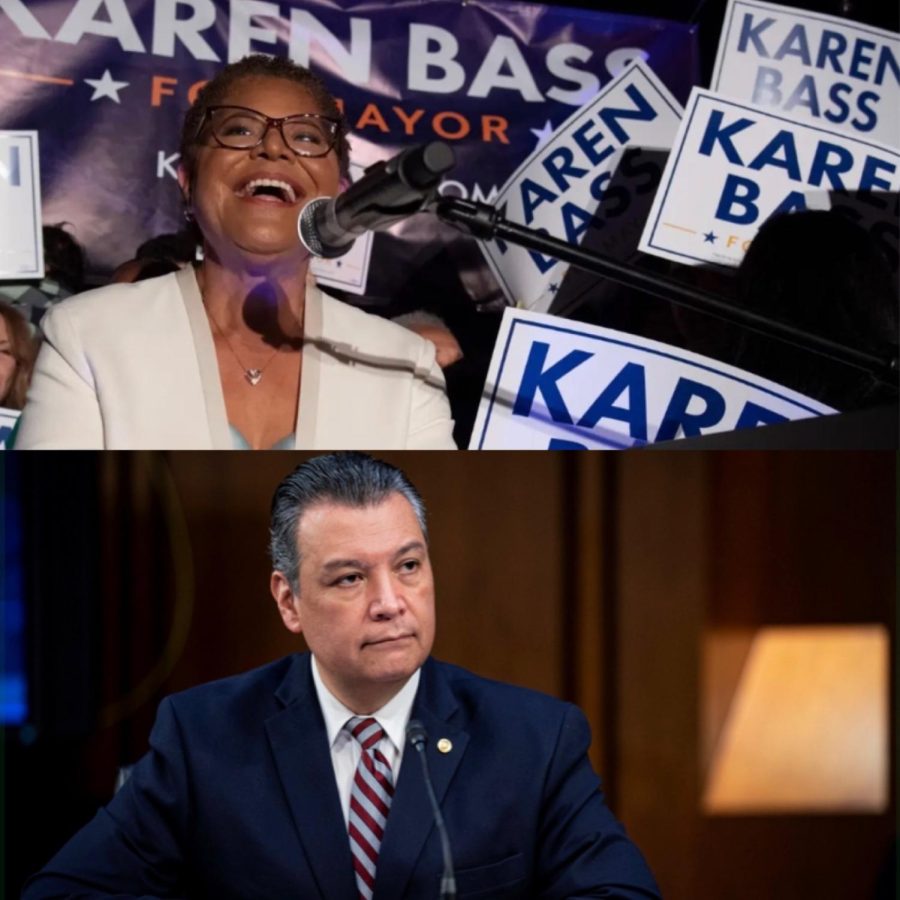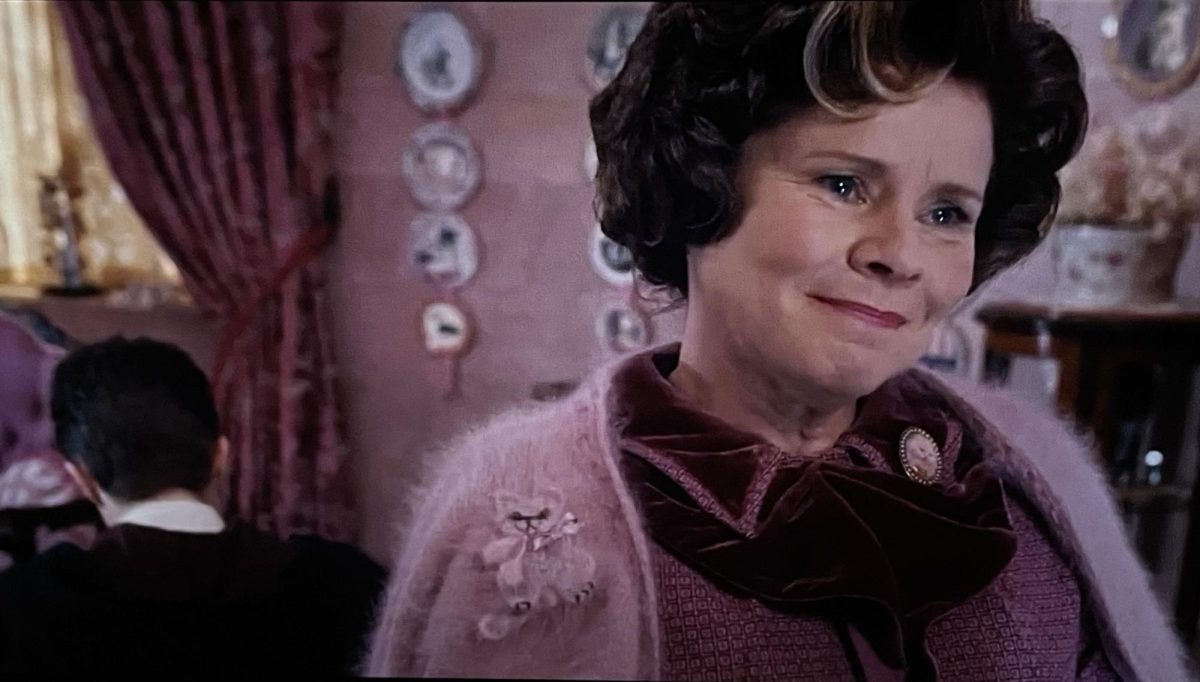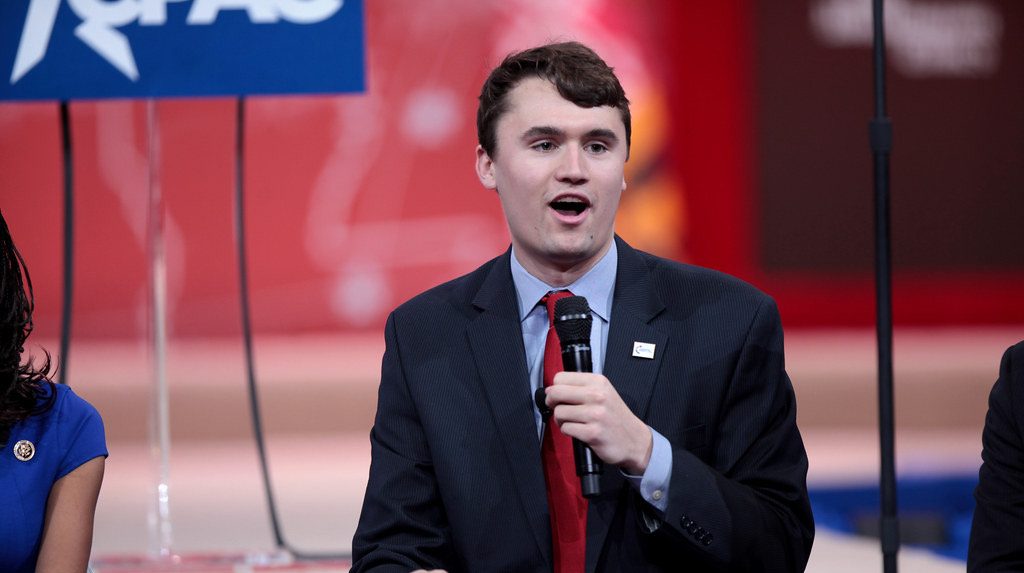Makeup is often viewed as nothing more than overpriced products in pretty packaging meant for girls to play with. Who knew that behind all that packaging is a whole other world where makeup isn’t only used for hiding blemishes, but used as an advantage for their CEO’s political attributes.
In today’s world makeup has shaped the identities of many in different ways, particularly challenging traditional gender roles, and promoting a variety of cultures. Beauty companies craft campaigns that target specific audiences, often tied to income, class, and cultural identity.
For example, “drug store “ companies like e.l.f Cosmetics or NYX market themselves as accessible to everyone, especially those who prefer to spend their money on reasonably priced products. The term “drug store” refers to the fact that these products can be found in most places such as department stores, retail stores, and pharmacies.
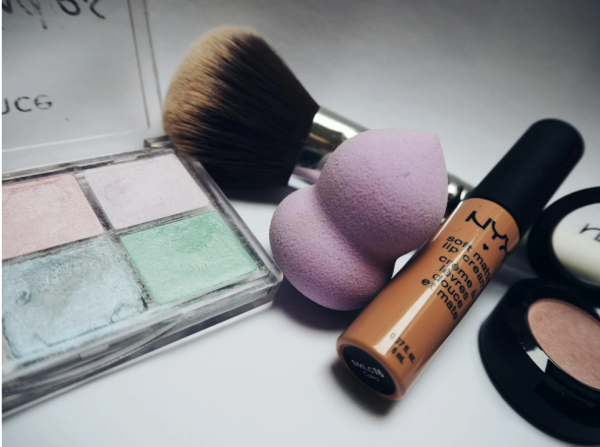
When asked about the difference between “drugstore” and “luxury” brands, SAS senior Genesis Alvarado says “I feel when makeup brands label themselves as luxury and drugstore is that it’s not really accurate when it comes to the quality of the product but just the price.
I feel this way because you can get better quality from NYX than from Dior (a Luxury brand) from experience.” Typically when shopping, some buyers look for materialistic reviews rather than credible comments about the quality of the product. As a result, multiple luxury brands are known to have higher-ranked products, due to the status they resemble, rather than the quality they offer.
Luxury brands like Givenchy and Dior are marketed not just as makeup, but as status symbols that represent exclusivity and wealth that so many crave to achieve. Makeup has become such a revolutionary role in shaping class status, that it slowly makes it’s way into the political setting.
Ultimately, makeup has gone beyond the community it was intended for, and instead of creating a safe space for buyers, it’s become a competition for status. It has formed a division of two groups, similar to political parties.
Alvarado later says “ I do believe makeup is political in a way because typically CEO’s of these makeup brands need a target audience to sell their products to and by supporting politics and siding with a side , it becomes their marketing strategy to get the public support and increase their sales.”
It’s not only about price tags on these products. In an era where consumers expect brands to use their social scale to voice for those who can’t during impactful times, beauty companies are often unknowingly pushed into political discourse.
SAS senior Ella Etimazian states “Being silent about a cause is as good as actively contributing against it, people like holding brands accountable and would probably like to know their stance before purchasing their products.
If it’s not the company itself then people will probably research the CEO for their personal beliefs and acts based on that instead.” A single campaign or collaboration can turn into a huge issue overnight making or breaking these brands.

One of the latest scandals to arise in the makeup world is that, Huda Beauty, a brand known for their popular setting powders and loved by many has decided to leave Sephora.
Sephora recognized the comments created by Huda beauty owner, Huda Kattan, that quickly raised concerns on social media regarding spreading of antisemitism.
After Sephora’s statement on this matter, Kattan released a letter requesting Sephora to drop their deal and stop putting her products on their shelves. This is the new reality for the beauty industry: marketing isn’t just about lipstick shades and foundation ranges anymore. It’s about values, identity, and alignment.
Supporting Pride Month, offering a wider range of skin tones, or even naming a lipstick shade can’t be a neutral decision but rather a decision that needs to be carefully thought through before being finalized. They carry political weight, shaping the way consumers see both the product and the company behind it.
Makeup is so closely tied to not only identity but politics, it takes only hours for it to move from “just a beauty product” to a symbol of something much bigger, causing commotions worldwide involving supporting gender, politics, racial inclusion, or even international conflicts.
Makeup has become more than makeup brushes and eyeshadow pallets. It has become a cultural and political mirror, reflecting the battles all around the world.


